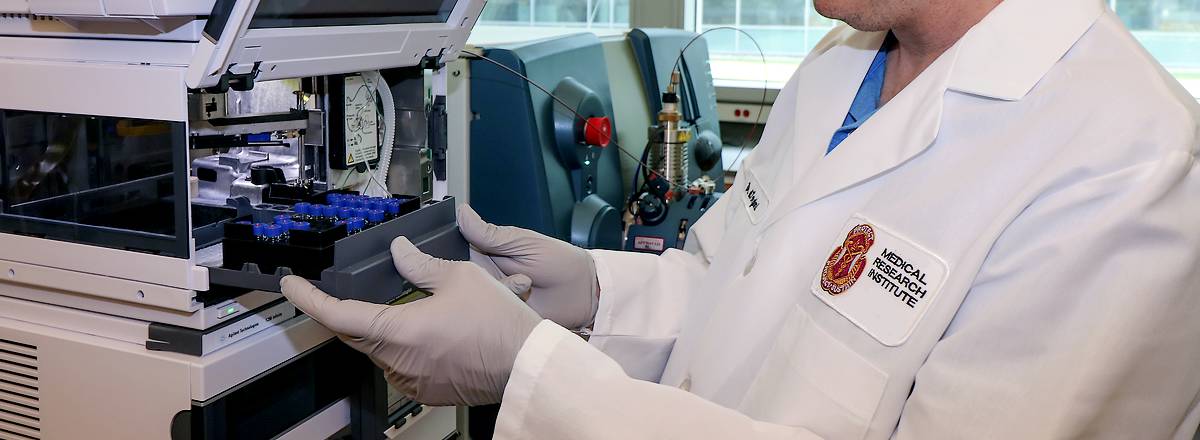A number of patient surveys have assessed the use of lingual braces. They clearly remove a psychological obstacle to seeking treatment, amongst those who don’t like the appearance of conventional braces.
This has seen adoption rise, with industry forecasts suggesting their use will triple again within 7 years. Lingual braces are also widely accepted to be as capable as other forms, with few cases where they are not suitable.
As a relatively new type of brace, long term research is not substantial on lingual options, although findings tend to be consistent.
Studies To Date
Earlier research, such as a paper in 2013, often looked at patient experience. Pain levels were found to be low, although could last a little longer, as might the time needed to adjust to speaking and eating.
These issues were however reduced by emerging, digital customisation at established dental surgeries. A reduction in deminerlisation, or dental caries compared to traditional braces was also noted.
A 2015 study covering the previous decade did not mention downsides in their conclusions. This review focused on the clinical outcome of lingual orthodontic treatment, which they found to show encouraging results.
A more recent piece of research, in 2019, brought together 49 other studies. They again mentioned that discomfort and adaption time could last longer, although saw no issues with the type of treatment.
The papers mentioned are representative of others and match most patient reports, there is little disagreement on the sound clinical outcome of lingual braces.
Points To Take Away
You may have a degree of discomfort for a few days, the same can apply to eating and speaking normally. These effects are however minor in almost all cases and can be experienced with other types of braces.
Lingual braces have now been worn by millions of patients, with short term issues barely considered in their feedback. The vast majority consider this of little importance, compared to having braces which are unseen.
The option is not a magical, instant solution, time is needed, as with any braces. The same level of good oral hygiene is required to prevent plaque, although people can find cleaning with lingual fittings easier.
Several pieces of research raised points on the value of individually tailored fitting, by experienced orthodontists. We would agree this is the key to lingual options being successful and trouble free.
Specialist staff are available to advise on incognito lingual braces, or other choices which suit your needs. By all means contact us if we can add to the information above, sharing detail with patients matters.

